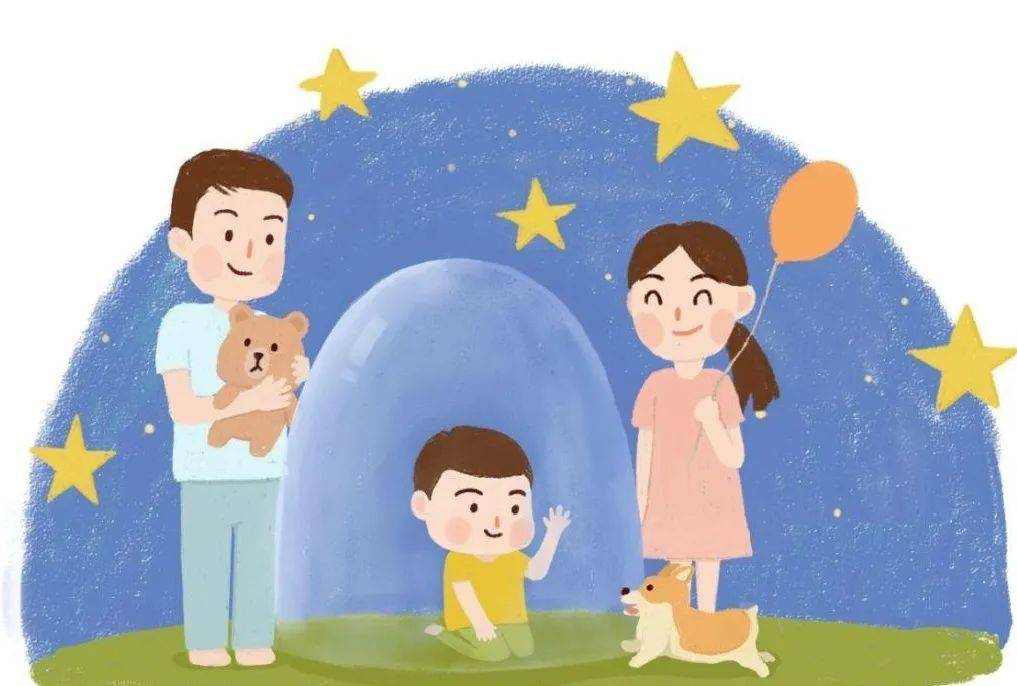When exploring the important topic of how to improve the social skills of children with autism, we deeply understand that every parent and educator carries a mission that is both challenging and hopeful. Children with Autism Spectrum Disorder (ASD) may face many challenges in social interactions, but through scientific and personalized approaches, their social skills can be significantly improved. Experts emphasize that finding the right methods is the key to unlocking this potential.
Understanding differences, respecting individuality
First and foremost, it is crucial to understand and respect the uniqueness of each child with autism. The manifestations of autism are diverse, and each child’s learning pace, points of interest, and social needs are unique. Therefore, when developing intervention plans, it is essential to base them on a deep understanding of the child and employ tailored strategies.
Creating an inclusive social environment
An environment full of understanding, acceptance, and inclusivity is the cornerstone for children with autism to improve their social skills. Parents and educators can work together to create a social circle for children that is free from bias and encourages exploration. By organizing group activities, interest groups, or community integration projects, children can gradually be exposed to and adapt to social interactions in a safe environment.
Role-playing and simulation games
Role-playing and simulation games are effective tools for improving the social skills of children with autism. These activities can help children understand different social scenarios, learn appropriate ways of communication, and practice emotional management and non-verbal communication. For example, by simulating everyday scenes such as shopping at a supermarket or ordering food at a restaurant, children can experience the fun and challenges of social interaction in a simulated environment.
Teaching social rules and skills
Children with autism often struggle to understand social rules and skills. Parents and educators can gradually guide children to master these key skills through direct teaching, demonstration, and feedback. For instance, teaching children how to greet, take turns in speaking, maintain eye contact, and recognize and respond to others’ emotions. Additionally, encouraging children to use simple social language such as “please” and “thank you” can enhance their social expression ability.
Encouraging positive interactions and feedback
Positive interactions and timely feedback are important factors in motivating children with autism to actively participate in social activities. When children attempt new social behaviors or make progress, parents and educators should provide ample affirmation and rewards. This positive reinforcement can help children build confidence and stimulate their motivation to continue learning and trying.
Seeking professional support and collaboration
Lastly, experts remind us that enhancing the social skills of children with autism is a complex and long-term process that requires cooperation and support from parents, educators, and professional therapists. By regularly consulting with professionals, attending parent training, joining support groups, and other means, we can obtain more scientific guidance and practical strategies to pave the way for the social development of children.
【Contact for removal if there is copyright infringement】.


